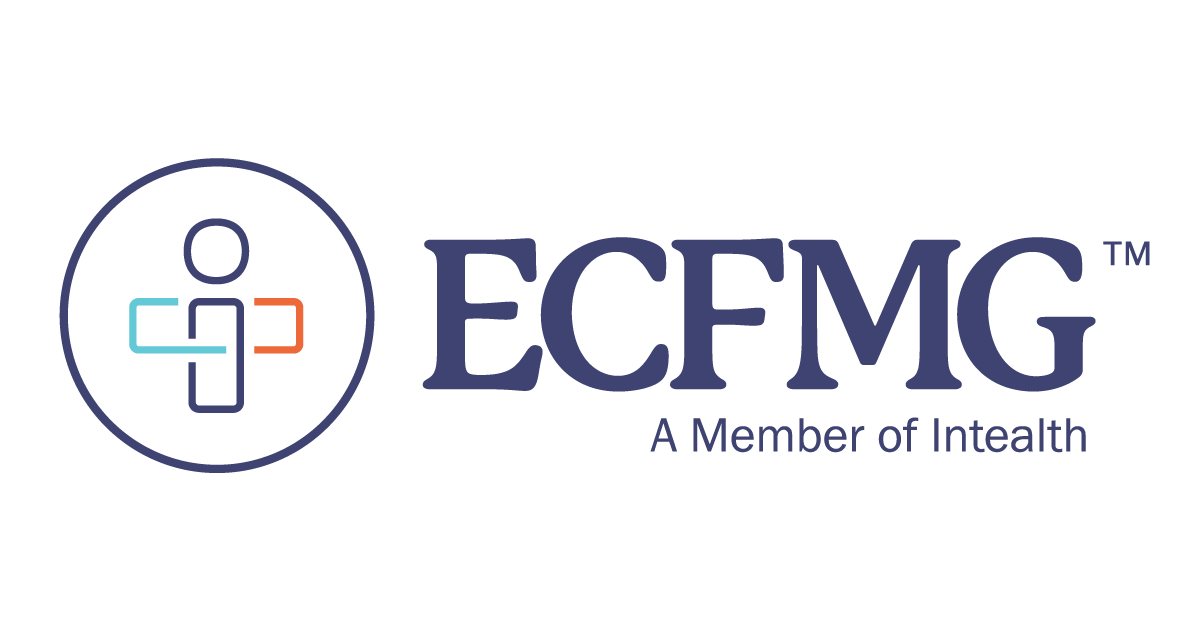Hi,
I am looking for some advice.
I qualified in the UK and have completed all my postgraduate training here. This includes IM, and completing two fellowships in my subspecialty. I also hold a PhD in my field.
I will be moving to the US to start another Fellowship in July. I do not have residency in the US. My Fellowship will not be ACGME accredited. I am full US citizen so have no Visa issues.
I have my ECFMG, and a limited license in my proposed state. I will plan to rapidly take Step 3 and get an unlimited license.
My questions is regarding getting board certified in my subspecialty (and IM by extension, as I understand that will be necessary).
I have scoured the ABIM website and found the section on Special Considerations for IMGs:
Eligible faculty will have:
My question is - is anybody aware of any other way to go about getting board certified at this stage in my career? Repeating Residency is obviously not an option. Does anybody have any experience of any extenuating circumstances?
I may have the scope to do another year's Fellowship, which would give me two years at the same institution - but neither of these will be ACGME accredited.
Any advice or past experiences that might be relevant would be greatly appreciated.
I am looking for some advice.
I qualified in the UK and have completed all my postgraduate training here. This includes IM, and completing two fellowships in my subspecialty. I also hold a PhD in my field.
I will be moving to the US to start another Fellowship in July. I do not have residency in the US. My Fellowship will not be ACGME accredited. I am full US citizen so have no Visa issues.
I have my ECFMG, and a limited license in my proposed state. I will plan to rapidly take Step 3 and get an unlimited license.
My questions is regarding getting board certified in my subspecialty (and IM by extension, as I understand that will be necessary).
I have scoured the ABIM website and found the section on Special Considerations for IMGs:
Eligible faculty will have:
- Completed three or more years of verified graduate medical education training in internal medicine and/or a subspecialty abroad.
- Certification in Internal Medicine from ABIM for certification in a subspecialty.
- An academic rank of Assistant Professor or higher.
- A full-time faculty appointment for a minimum of three (3) immediately prior and consecutive years at the same institution.
- Full-time faculty members are those who supervise and teach trainees (students, residents or fellows) in clinical settings that include direct patient care.
- The appointment must be at an LCME- or Canadian-accredited medical school or at an ACGME- or Canadian-accredited internal medicine residency or subspecialty fellowship training program.
- A valid, unrestricted and unchallenged medical license to practice medicine in the United States, its territories or Canada
My question is - is anybody aware of any other way to go about getting board certified at this stage in my career? Repeating Residency is obviously not an option. Does anybody have any experience of any extenuating circumstances?
I may have the scope to do another year's Fellowship, which would give me two years at the same institution - but neither of these will be ACGME accredited.
Any advice or past experiences that might be relevant would be greatly appreciated.

